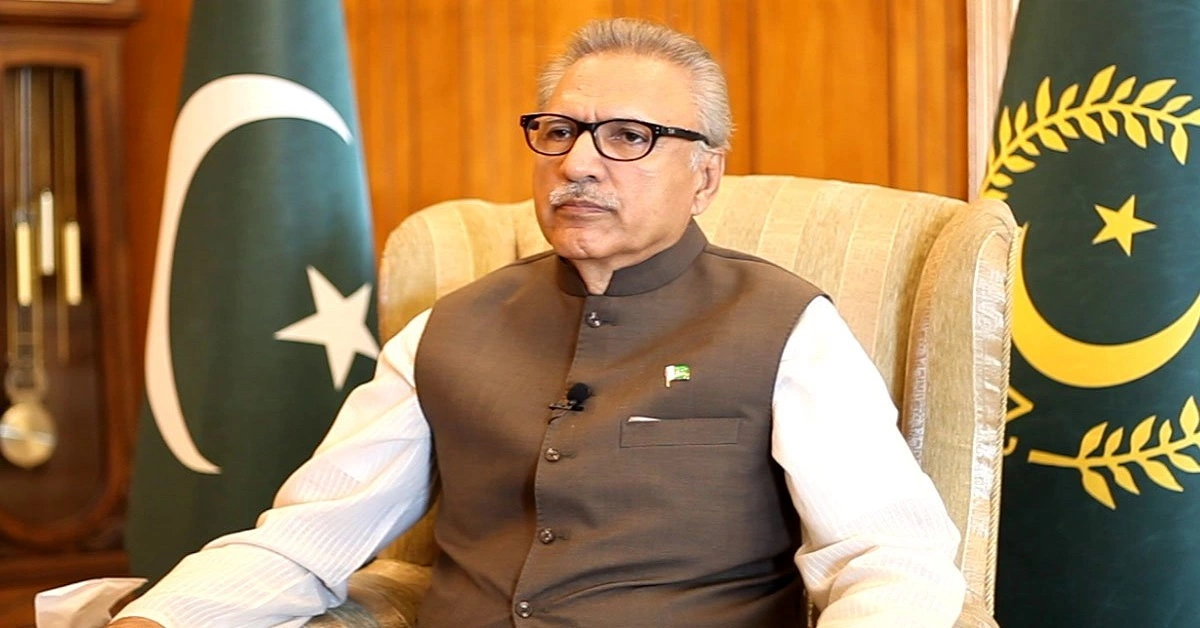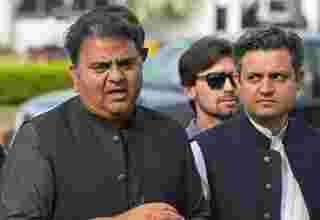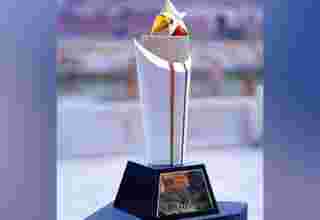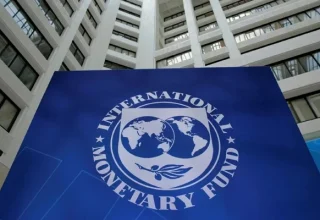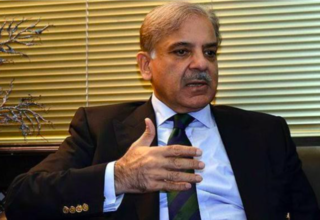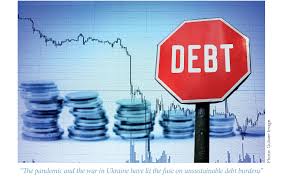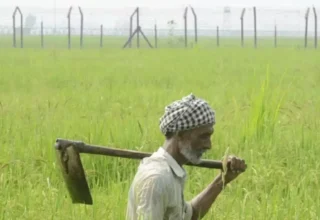ISLAMABAD, Jun 19 (ABC): President Dr Arif Alvi has returned the Elections (Amendment) EVM/OP bill 2022 unsigned after citing certain reasons and recording his observations.
The president said that he had been pursuing the issue of Electronic Voting Machines (EVM) and Overseas Pakistanis Voting (OP) with all the governments, in the parliament, as well as at the Supreme Court of Pakistan since more than a decade.
The president observed that he had not signed the bill despite the fact, that the constitution that he upheld, would make it into law, a press release of President Secretariat Press Wing on Sunday said.
In this regard, he referred to Article 75 (2) of Constitution of Pakistan which said “When the President has returned a Bill to the Majlis-e Shoora (Parliament), it shall be reconsidered by the Majlis-e-Shoora (Parliament) in joint sitting and, if it is again passed, with or without amendment, by the Majlis-e-Shoora (Parliament), by the votes of the majority of the members of both Houses present and voting, it shall be deemed for the purposes of the Constitution to have been passed by both Houses and shall be presented to the President, and the President shall give his assent within ten days, failing which such assent shall be deemed to have been given.”
He further noted that it has been very painful to him as ‘President of Pakistan’ to not sign a bill passed by the Majlis-e-Shoora. Therefore, he must record his reasons for posterity.
While enlisting the reasons, the president said that besides, the proposed laws’ regressive nature that he pointed out in detail when he referred the bill back to Parliament, he strongly believed that today’s technology especially with EVMs when used judiciously contained many solutions that reduced the impact of confusion, discord and accusations in the ‘ever-marred’ and challenged election processes.
Technology could also improve transparency, make elections inclusive with the vote of the overseas Pakistanis, build confidence and reduce polarization to finally achieve the elusive dream of free and fair elections, he added.
More than that, President Alvi said, he wanted Pakistan to leapfrog into the world of tomorrow, not to solve today’s problems only through the lens and experiences of yesterday but through newer and better scientific approaches that were available, or even ‘birthing’ today,.
He did understand that this could not happen without confidence building measures across the aisles, and broad stakeholder involvement, he said, posing a question why was this not done and why the obvious was not visible to the opinion and decision makers would remain an enigma to him.
He observed that the present and future governments and parliaments would be facing two choices, whether to allow the past to drag Pakistan down or allow the lessons from the past and technologies of today to boost them into the bright progressive and dynamic future of Pakistan that had been their dream.
He further observed that such decisions would continue to challenge them, and history showed that those who made the right decisions ‘rise’, and those who didn’t, squandered opportunities that obstructed their path to glory.



